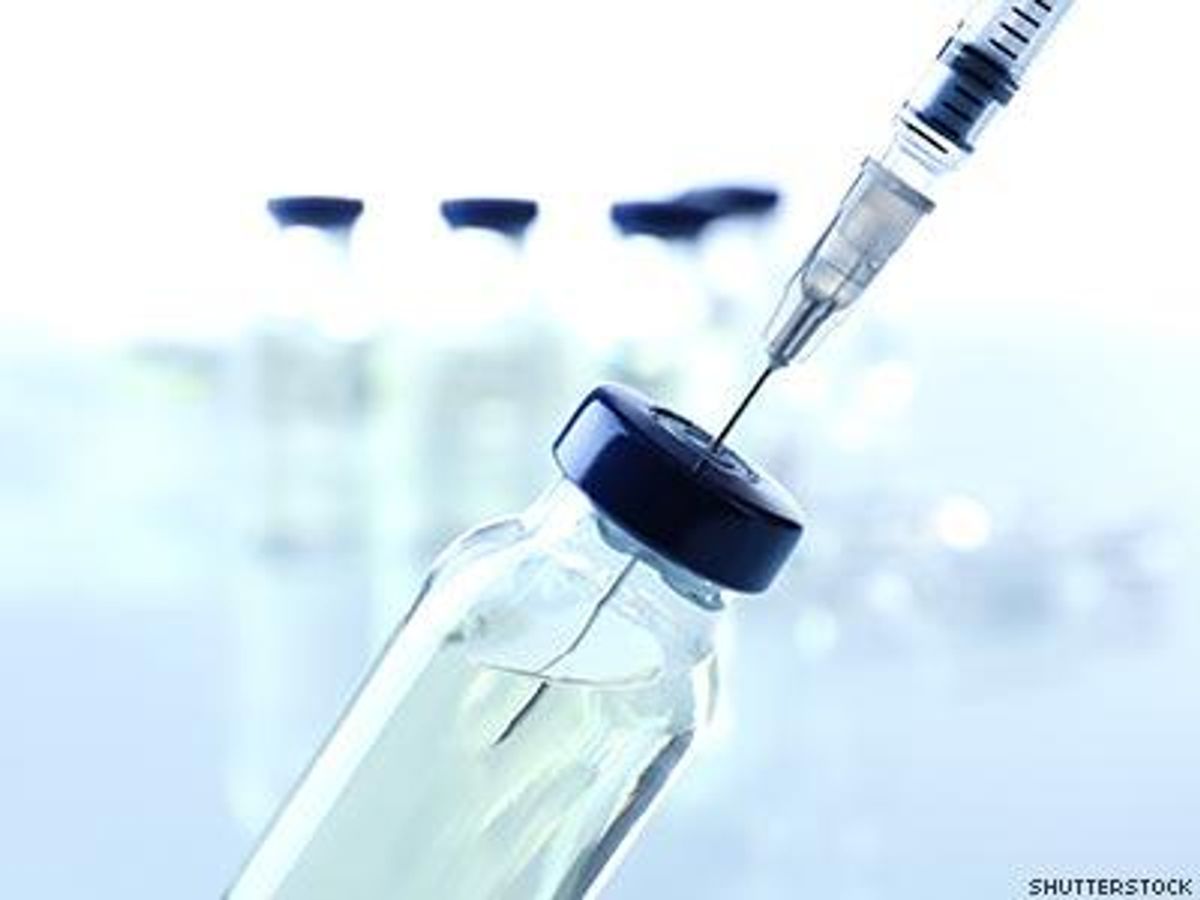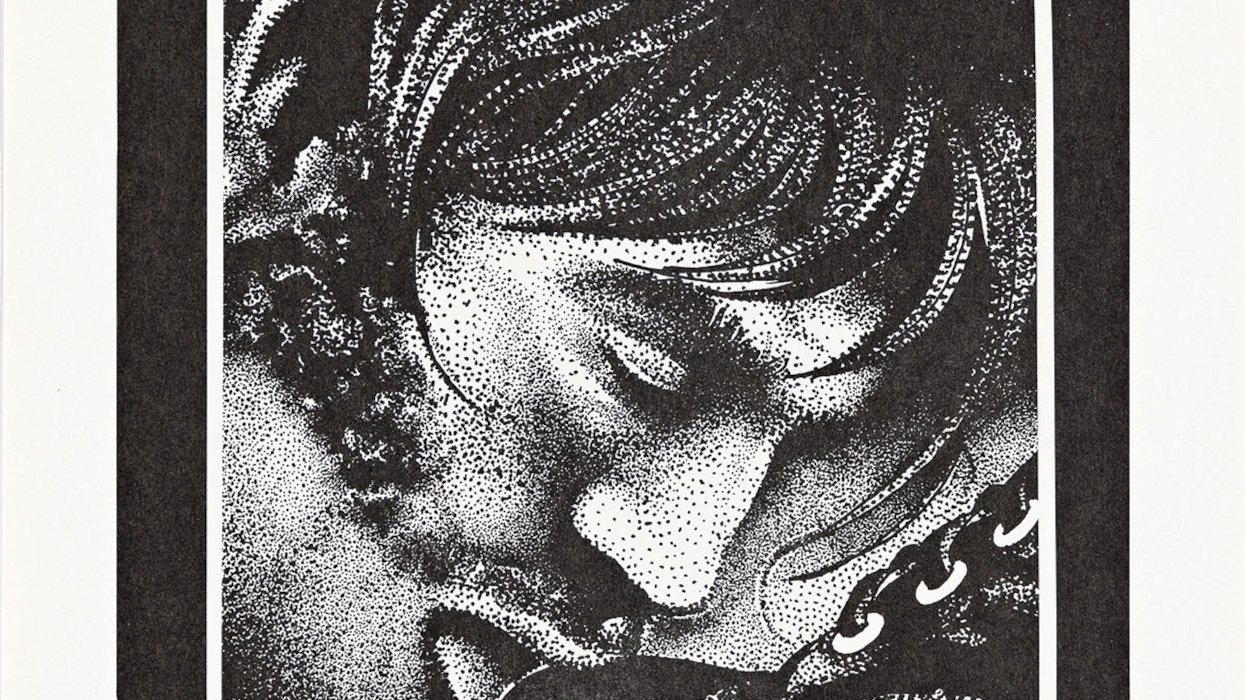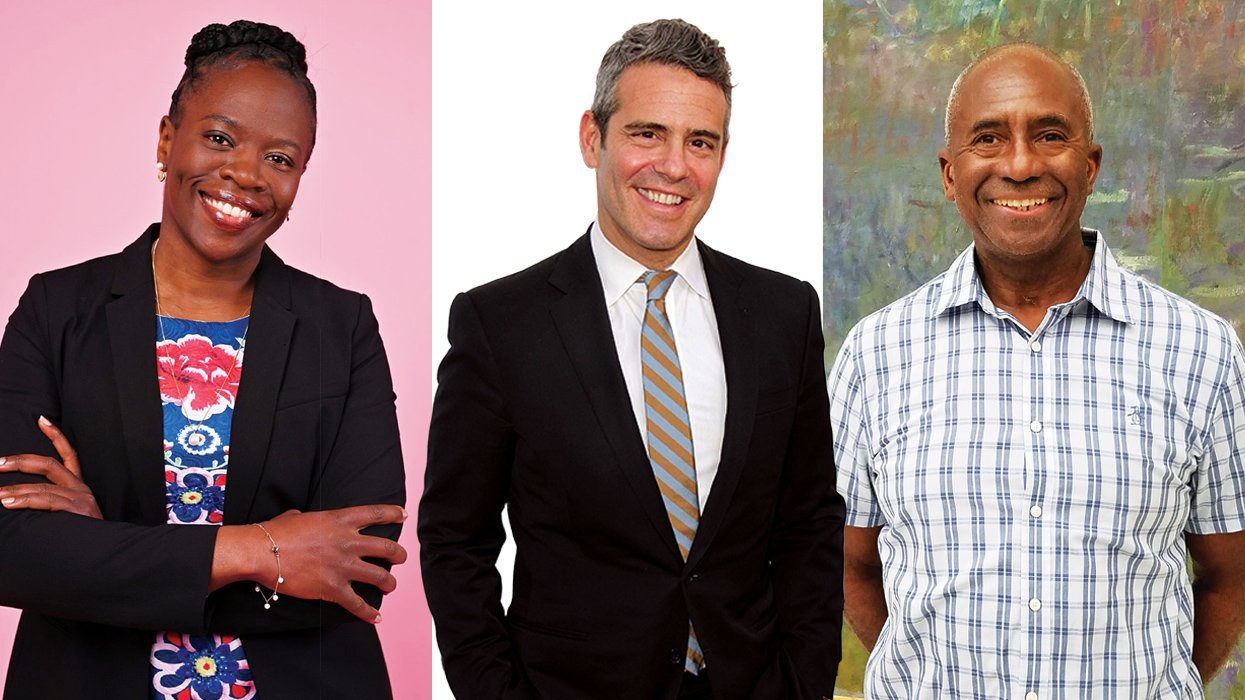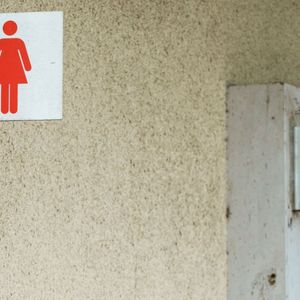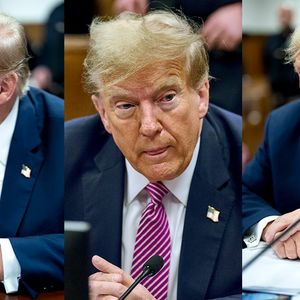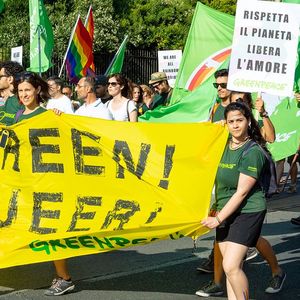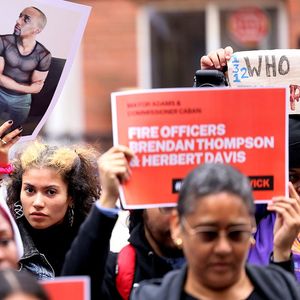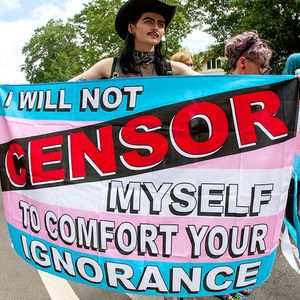Earlier this year, Plus reported on a monkey vaccine that blocked simian immunodeficiency virus (SIV, HIV’s primate relative) and quickly suppressed the viral loads in monkeys already infected with SIV. Researchers hoped that the monkey vaccine could be the first step to creating a human vaccine for HIV.
But now scientists at Yerkes National Primate Research Center and the Emory Vaccine Center say that not only is the simian vaccine less effective than previously thought, but their new findings may call into question assumptions about how a HIV vaccine might work.
One approach to developing an HIV vaccine has followed the typical route to creating a vaccine by injecting a patient with small amounts of the disease, which then stimulate the body's natural immune system to develop antibodies that defend against infection.
But now scientists have discovered that SIV still managed to infect monkeys that had been vaccinated, despite the fact that potent neutralizing antibodies were found in the monkey's blood. Furthermore, the virus was able to get past the immune response of vaccinated monkeys without having to first mutate. In other words, the same strain of SIV that the monkeys were vaccinated against managed to infect them.
These findings are disheartening, because previous studies had suggested that experimental vaccines could protect a majority of monkeys through repeated exposure to the SIV virus.
Cynthia Derdeyn, PhD, professor of pathology and laboratory medicine at Emory University School of Medicine and Yerkes National Primate Research Center called her team’s findings both sobering and puzzling.
In both HIV and SIV, the virus is always mutating; Derdeyn's primary research looks at how HIV changes in newly infected humans in order to escape pressure from the immune system.
"We were surprised because we expected the virus that breaks through to be resistant to the vaccine-induced antibodies," said Derdeyn in a Science Daily report.
In other words, the scientists had expected that any virus that could infect a vaccinated monkey would have to have developed a resistance to that vaccine. But that's not what happened. The study, published August 10 in Proceedings of the National Academy of Sciences revealed that the vaccinated monkeys were only exposed to the strain they’d been vaccinated against.
So how did the virus get around the antibodies the immune system developed in response to the vaccine? Researchers don't know.
"We need to know more about whether antibodies are present and protective on the mucosal surfaces where transmission occurs,” Derdyn continued. “And whether active vaccination might be increasing susceptibility to infection."
Mucosal surfaces are part of the body’s mucous membrane, which lines body cavities like the mouth, nose, anus and vagina. These surfaces are where the HIV/SIV virus seems to make entry into the body. Just because the vaccine-induced antibodies are present in the blood stream doesn’t mean they are present in and protecting the mucosal surfaces.
Derdeyn's work is a follow-up to several vaccine studies that Rama Amara, PhD, and his colleagues conducted at Yerkes, in which monkeys were immunized and then repeatedly exposed to SIV. In those studies, 100 percent of the control group became infected by the twelfth exposure, while 70 percent of the monkeys on the most effective vaccination regimens remained uninfected.
"There is a protective effect, but it's incomplete," Derdeyn says now. "So we want to know what's happening in those animals where the virus gets through the barrier."
The vaccine is protecting the monkeys from SIV, but it’s not a foolproof protection, and may not remain effective through multiple exposures.
The authors say possible explanations for the failure might be
- That neutralizing antibodies are present in the blood, but in insufficient levels in mucosal secretions
- Vaccinations may also increase the number of T cells available for the virus to infect in mucosal tissues. There may need to be a specific balance between the protective antibody response and the level of T cells available in order for the vaccine to provide effective protection.
- Tests in the laboratory environment may not reflect how the viral transmission occurs in the real world.
Derdeyn's team is now focused on determining if SIV infectability differs depending on whether the exposure occurs rectally or vaginally.
